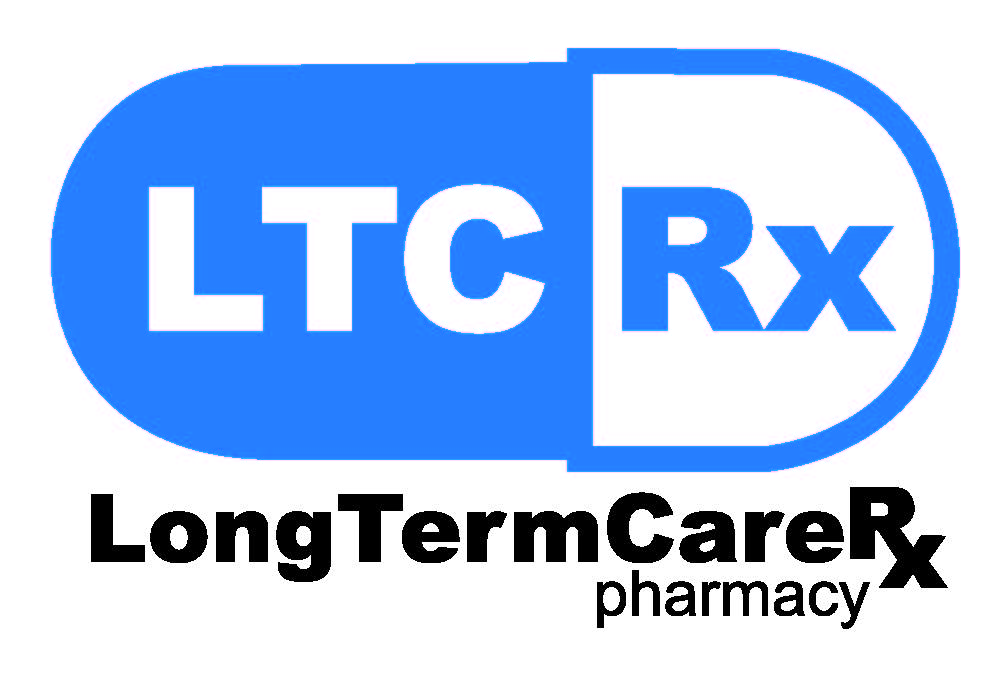In Feb. 2015, CMS created a new Quality Measure for Antipsychotic Usage in long term care facilities. The new Quality Measure is another step in The Centers for Medicare & Medicaid Services’ (CMS) goal to improve dementia care and avoid the usage of potentially dangerous antipsychotic medications for dementia related disruptive behavior. One of the main goals of the National Partnership to Improve Dementia Care in Nursing Homes is to help us as long term care providers to start recognizing BEHAVIOR AS A FORM OF COMMUNICATION. We need to start asking "What is this resident trying to tell me with this behavior?". "What could be the underlying problem that this non-verbal resident is trying to relay to me?"
Some well-known underlying causes of disruptive behavior include hunger, thirst, constipation, being wet, hot or cold; however, a commonly over-looked cause is PAIN! And why? Because our dementia residents can’t always tell us they are in pain!!
Pain is undertreated among our seniors. Some studies have revealed that focusing on pain in dementia residents significantly reduced disruptive behavior. I have seen this result in my own facilities. Even a benign trial of routine Acetaminophen 650mg by mouth twice daily has shown positive results. I mean, who doesn’t get uncomfortable sitting for long periods of time?! Let alone having other more serious causes of chronic pain (arthritis, spinal stenosis, etc).
So let’s face it. If we want to reduce medication usage for disruptive behavior, we need to become better sleuths…investigate the underlying cause, and don’t forget about pain.
Alicia A. Timko, PharmD
Consultant Pharmacist
Long Term Care Rx
